Revelations Through Music at Jewish Summer Camp
I’ve struggled with change for as long as I can remember. When my parents remodeled our house nine years ago, I required that my room be painted the same shade of orange. In religious school, I took the same class two years in a row, then promptly “took” it again as a teacher’s assistant. So, when my parents encouraged twelve-year-old me to try the new Conservative Jewish sleepaway camp that was opening close to our home, I resisted with all the skills in my repertoire.
But my parents were skilled too, and I eventually caved. My first summer, I went to camp for a single week; the following summer, I went for two weeks. In those weeks, I made friends, learned to boogie board, went to services more than ever before in my life, and welcomed Shabbat wearing a dress I bought specifically for the occasion.
Shabbat at camp was unlike any I had previously experienced. At home and in the Reform community I grew up in, Shabbat consisted of Friday night blessings and leftover challah toast the next morning. But at camp, it was a celebration, full of laughter and music, where you held the hands of people you’d never met before and danced as the sun went down. Shabbat dinner was the best dinner you’d have all week, and people would break into song, singing boisterously until their voices had filled the room entirely.
When Shabbat was over, the dinnertime songs became slower and more subdued. People would sing in languages I didn’t understand about places I’d never been, and many times my attempts to join them would end with me closing my mouth in defeat. Because despite all of the fun I’d had in those weeks, most of the time I felt like a fish out of water (which was ironic, considering that my camp was next to the ocean).
At home, I used transliteration to read prayers I didn’t know, or I memorized them over the years. At camp, though, everything had a different tune, and for every prayer I knew, there were four more I didn’t. I felt like I didn’t belong and as if I was pretending to be something I wasn’t.
One Saturday night, instead of trying to join the songs, I just sat quietly. As I listened to my friends and counselors sing, my struggles began to fade away. I was listening to some of the most beautiful music I had heard in my life. Not because of their voices, to be clear—it was easy to discern that few in that dinner hall would be professionally pursuing music. The beauty in the music was the fact that it didn’t fit. There were no melodies and no harmonies. Just people together, willing to put aside whatever self-consciousness they had, for a single night of community. And the music they created? I’ll never forget it. It echoed throughout the room, surrounding us in sound from every angle, blending the discordant notes (notes that would never work on paper) into a single, fascinating song.
At first, I struggled to understand how something as familiar as Judaism or music could also be so new. I thought that maybe there was something in the music, some intricacy, that I just didn’t comprehend. But as I listened to the people I had grown to know and love, I began to see that it wasn’t the songs that drew me in, nor the music: it was the people.
The community, built even before the very first day of camp, was what allowed such music to be possible. It was their acceptance and support of one another that allowed these people of all backgrounds, personalities, ages, and educations to not only live together, but to celebrate each other and the holidays that were so important to us all, no matter our individual practices. The point of singing together wasn’t to check the songs off on some list, or to perform for a deity above. The point was to sing together.
Therein lies the reason why Reform, Conservative, and Orthodox Judaism are (usually) all acknowledged as valid forms of Judaism. Judaism, at its core, places great importance on the idea of community, on supporting others and letting them support you. It’s what has allowed Jews, through thousands of years of persecution and separation, to trust each other. Community is what makes me proud to be Jewish.
And so, a few moments later on that Saturday night, I started singing.
This piece was written as part of JWA’s Rising Voices Fellowship.

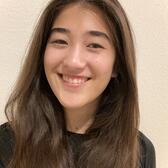
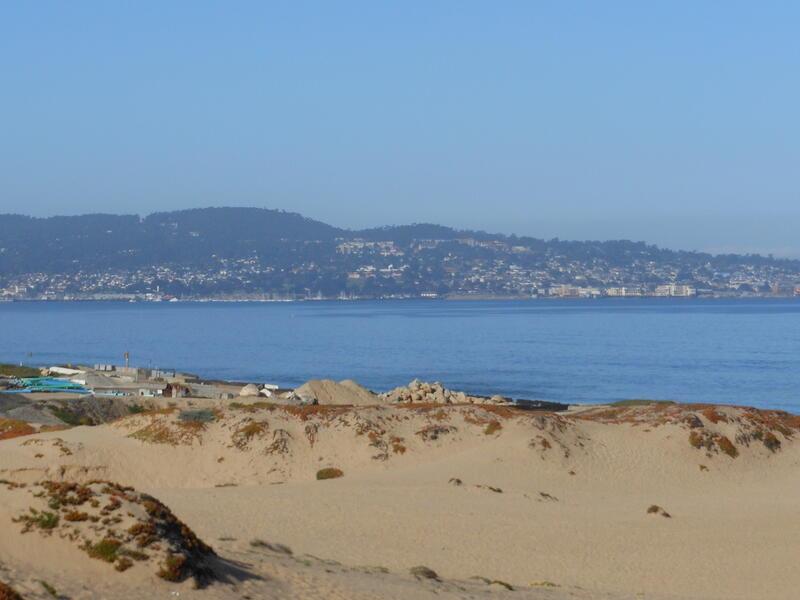
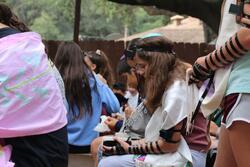
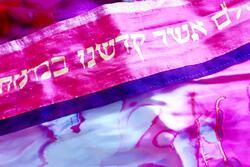
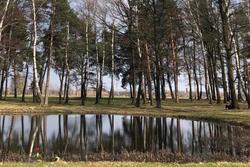


This was so amazing and relatable! I really loved that through your writing I was able to witness how you grew from this experience and took such meaning from it. Even though this makes so much sense, this concept of togetherness amidst difference, and appreciating that difference, is an idea I've never taken the time to reflect on, so this was a really important read. I loved this line in particular: " Judaism, at its core, places great importance on the idea of community, on supporting others and letting them support you. It’s what has allowed Jews, through thousands of years of persecution and separation, to trust each other. Community is what makes me proud to be Jewish.", and found this line to be quite funny:"Not because of their voices, to be clear—it was easy to discern that few in that dinner hall would be professionally pursuing music."
Great piece!!
-Shoshie